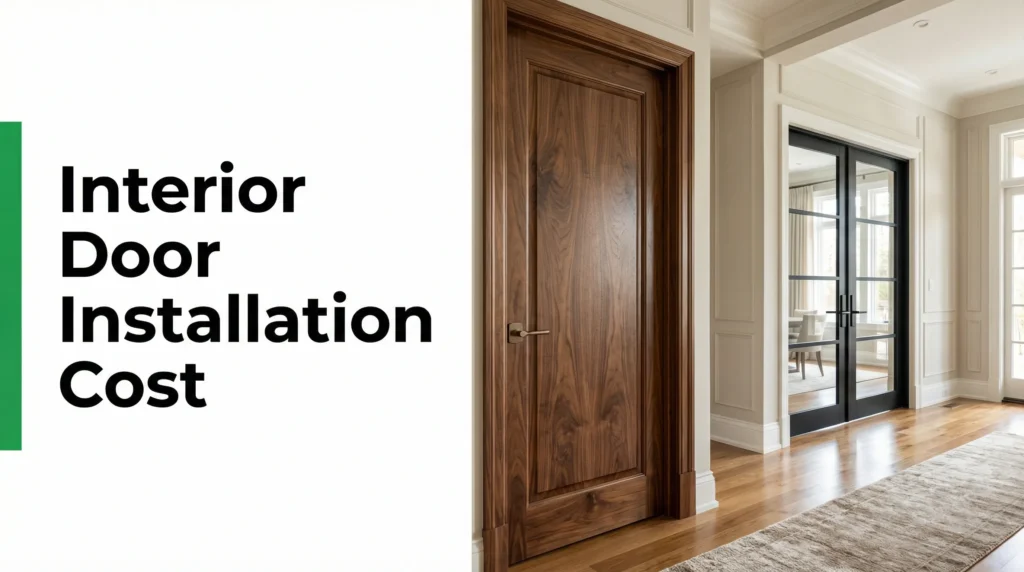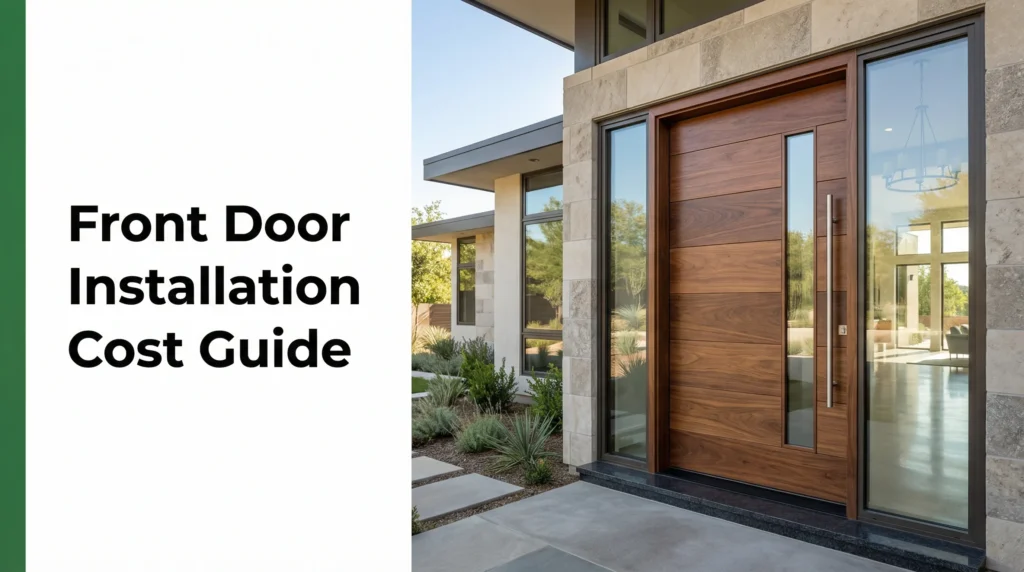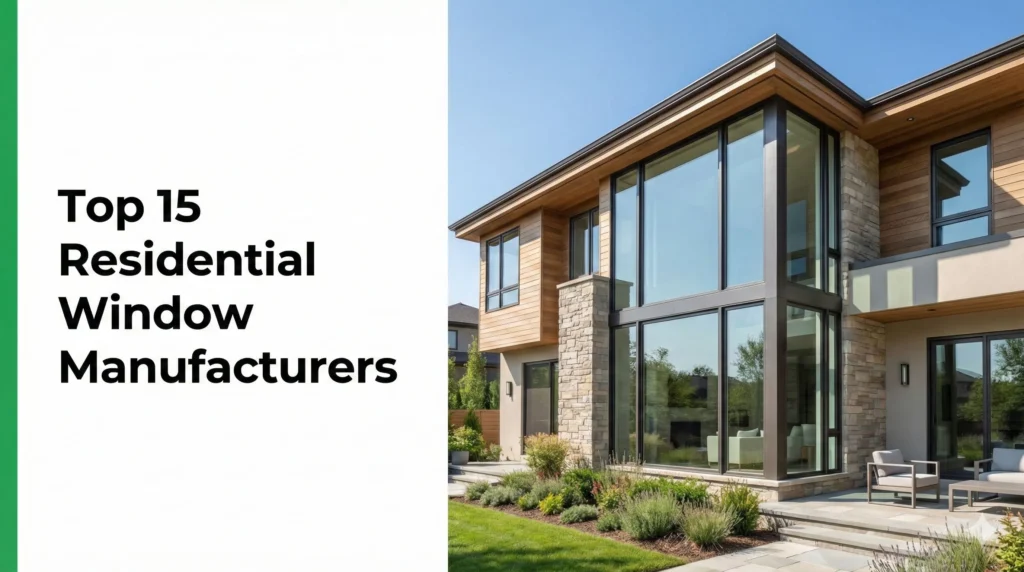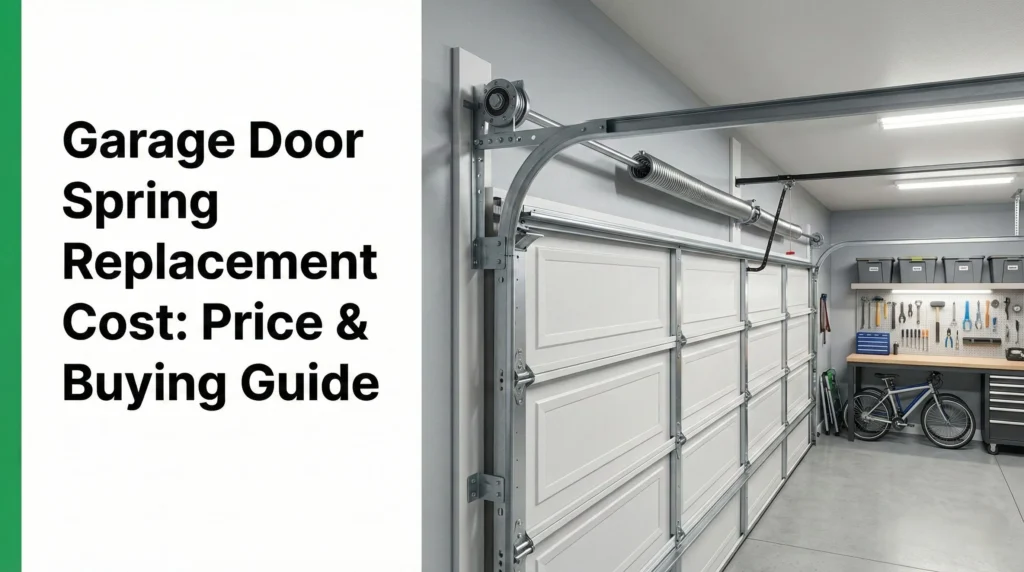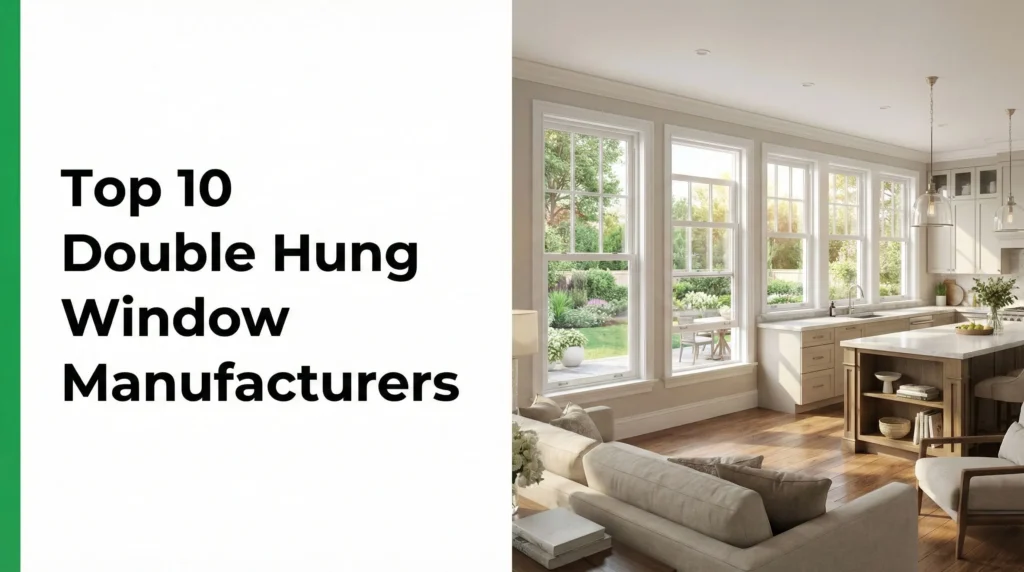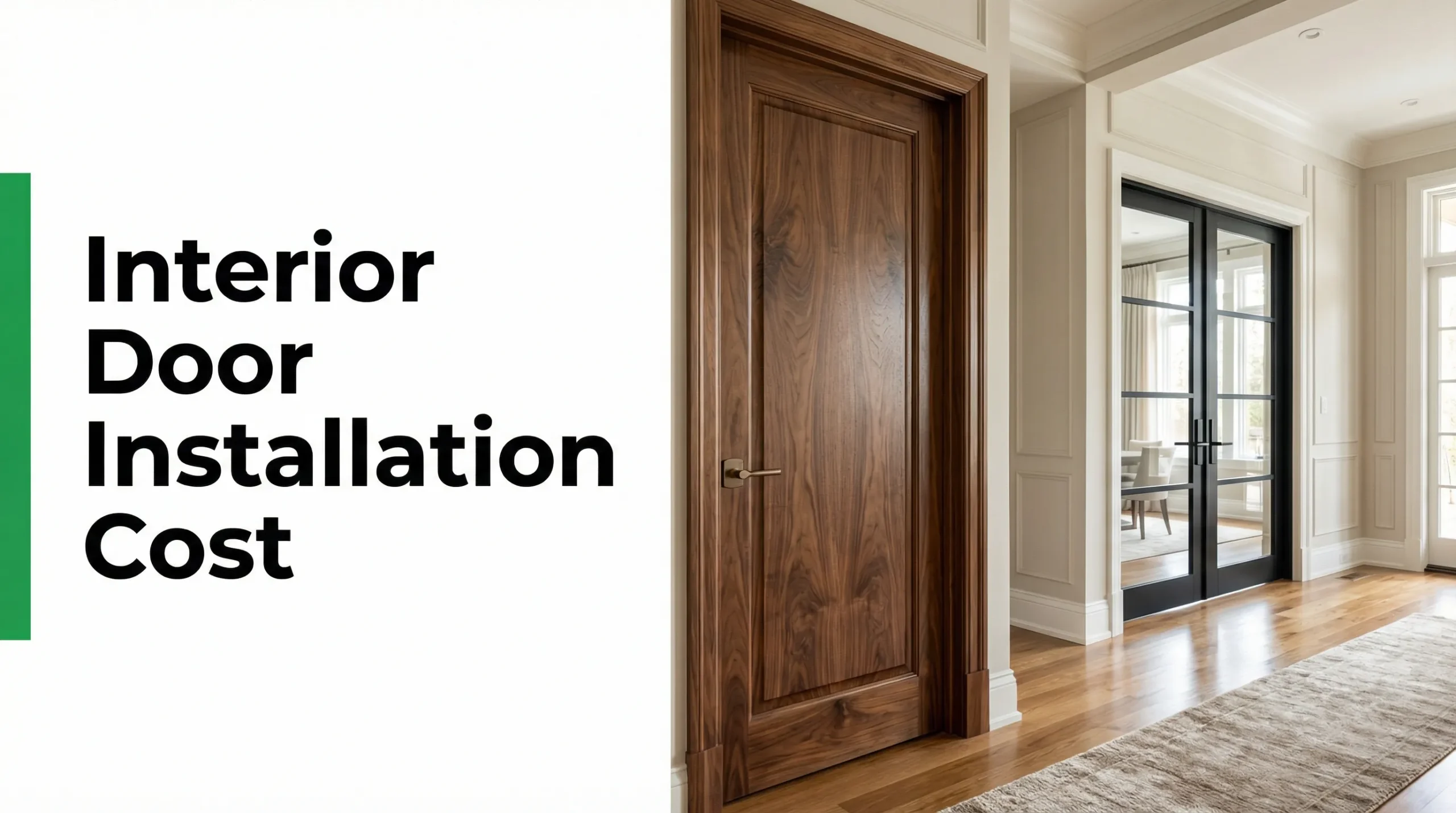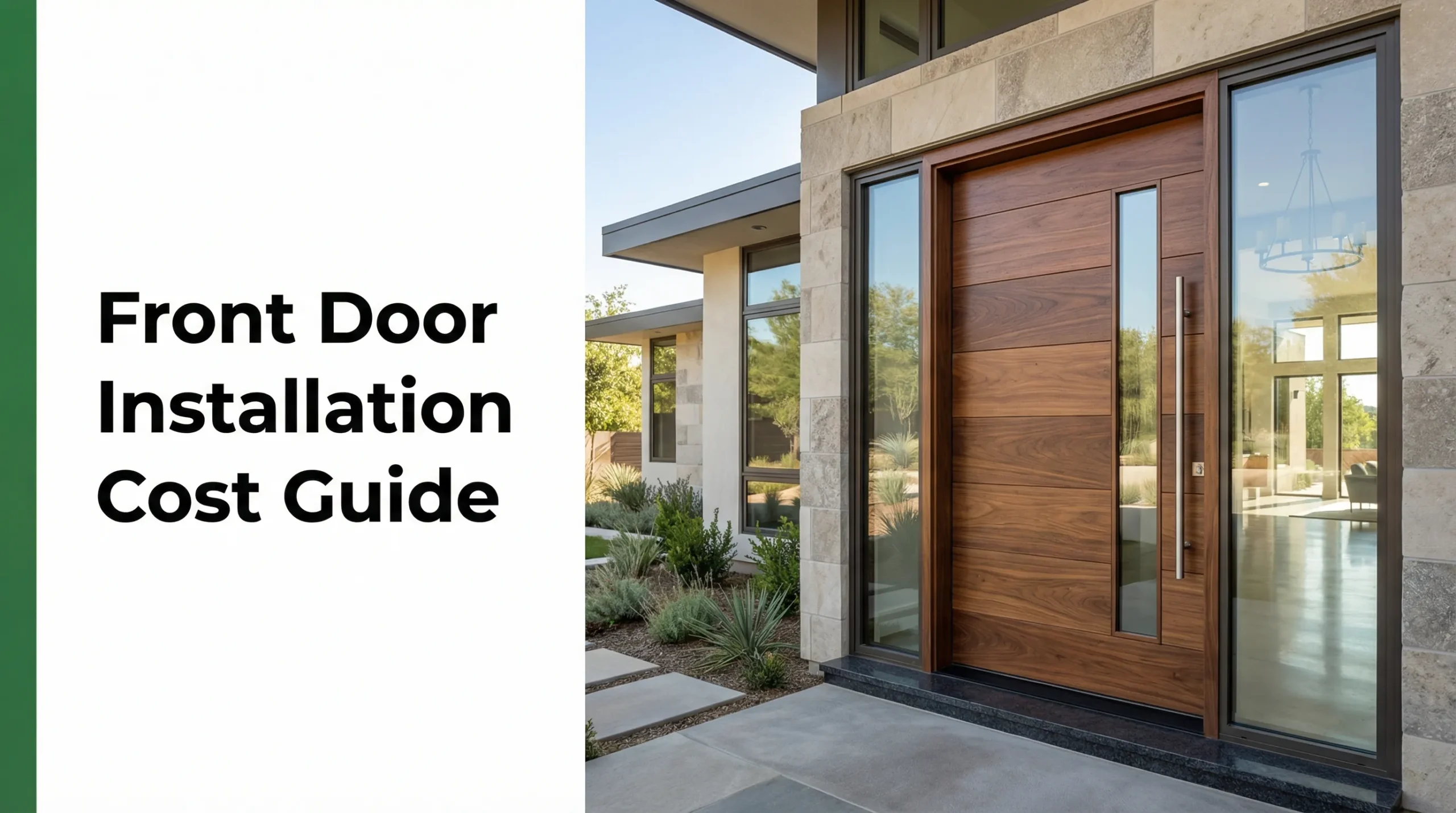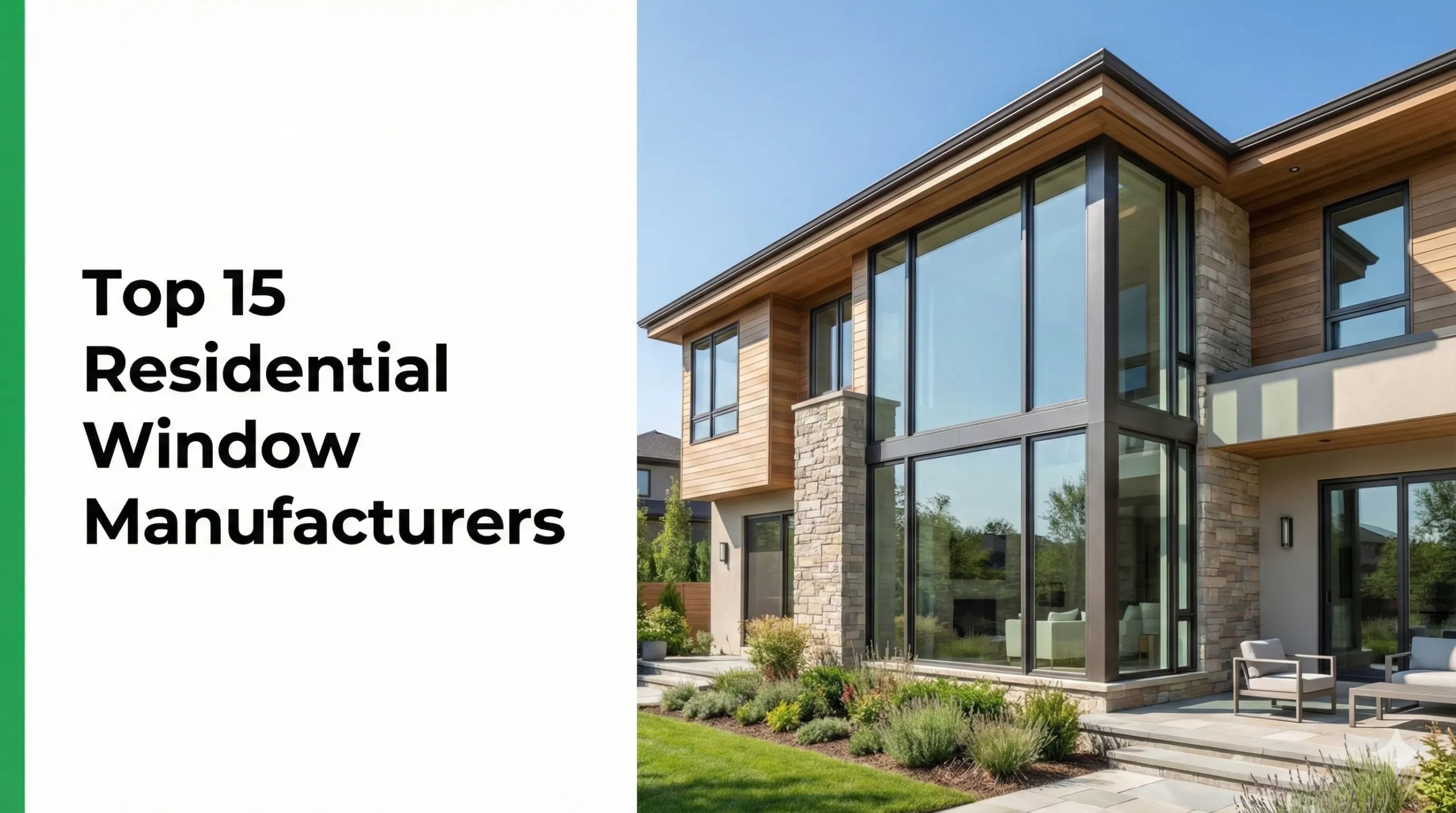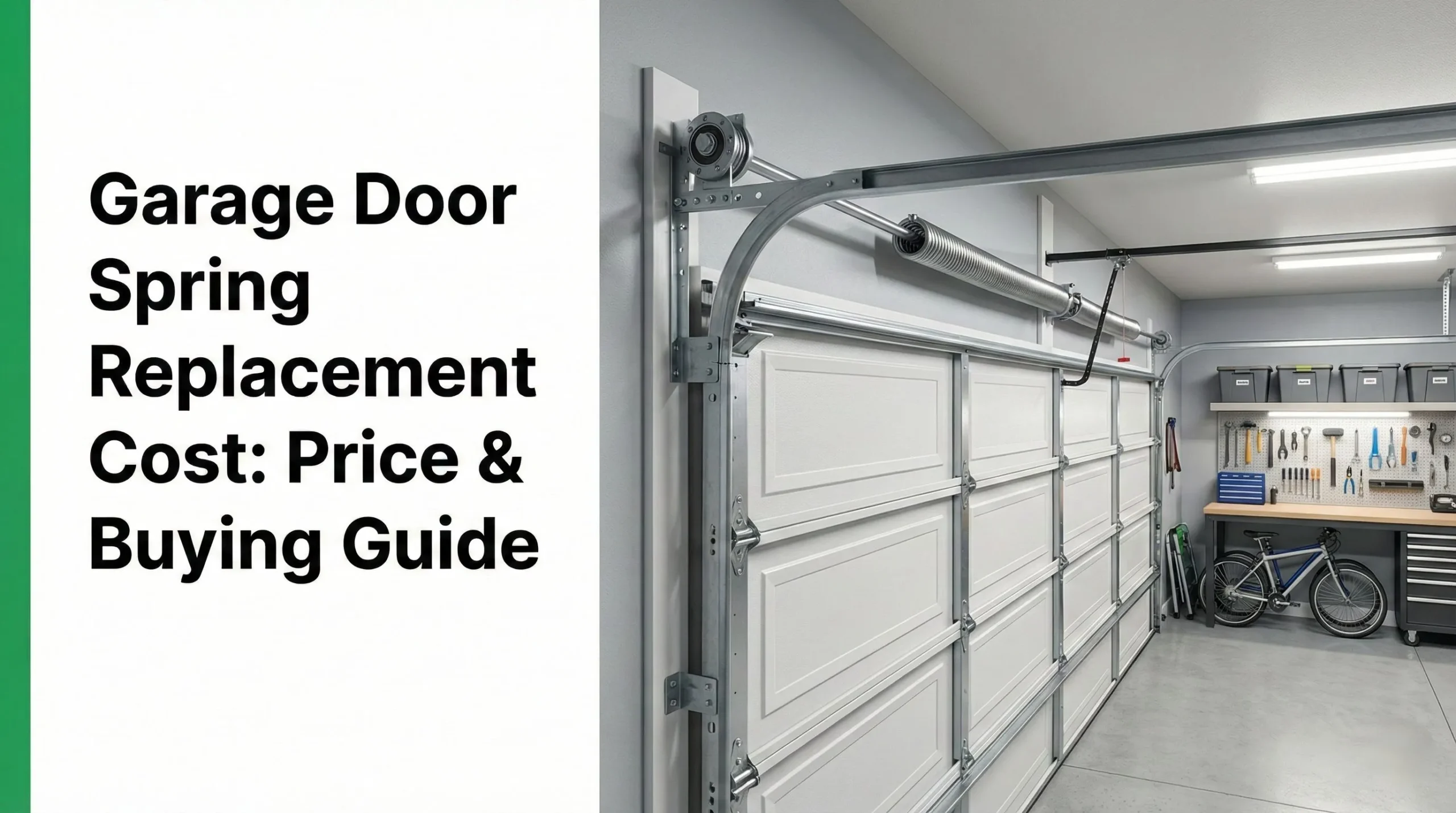Weatherproofing your home is essential for maintaining comfort, reducing energy costs, and protecting your property from harsh weather conditions. One of the most effective ways to achieve this is by investing in custom doors and windows.
These tailored solutions offer superior insulation, enhanced security, and long-lasting durability compared to standard options.
In this article, we will explore how custom doors and windows help weatherproof your home, provide tips on selecting the right materials and designs, and discuss the benefits of these upgrades.
Why Weatherproofing Matters
Weatherproofing involves sealing your home against external elements such as wind, rain, snow, and extreme temperatures. Properly weatherproofed homes:
- Reduce energy consumption by maintaining indoor temperature.
- Protect against moisture damage that can lead to mold or structural issues.
- Improve indoor comfort by preventing drafts and temperature fluctuations.
- Increase the lifespan of your home’s structural components.
Custom doors and windows play a critical role in achieving these goals. By selecting the right materials and designs, you can significantly enhance your home’s ability to withstand harsh weather conditions.
Benefits of Custom Doors and Windows for Weatherproofing
1. Enhanced Insulation
One of the primary benefits of custom doors and windows is their ability to provide superior insulation. Standard windows and doors often leave gaps that allow air to leak in or out, leading to higher energy bills and reduced comfort. Custom options are designed to fit perfectly within your home’s unique dimensions, ensuring an airtight seal.
Key Insulation Features:
- Double or Triple Pane Glass: Multi-pane windows create insulating layers between the panes, reducing heat transfer. Argon or krypton gas fills between panes further enhance insulation by being denser than air.
- Low-E Glass Coatings: Low-emissivity (Low-E) coatings reflect heat while allowing natural light to pass through. This helps keep heat inside during winter and outside during summer.
- Insulated Frames: Materials like vinyl, fiberglass, or composite frames can be filled with foam insulation to further reduce heat transfer.
2. Improved Energy Efficiency
Custom windows and doors are engineered to minimize energy loss. By eliminating drafts and improving insulation, they help maintain a consistent indoor temperature throughout the year. This reduces the strain on heating and cooling systems, leading to lower energy bills.
Energy Efficiency Tips:
- Choose Energy Star-certified products that meet strict efficiency standards set by the U.S. Environmental Protection Agency.
- Opt for windows with a low U-factor (which measures heat transfer) and a moderate Solar Heat Gain Coefficient (SHGC) for optimal year-round performance.
- Select materials like vinyl or fiberglass, which provide excellent thermal performance without expanding or contracting drastically with temperature changes.
3. Durability Against Harsh Weather
Custom doors and windows are built using high-quality materials that can withstand extreme weather conditions such as hurricanes, heavy rains, or snowstorms. Impact-resistant glass, reinforced frames, and advanced sealing techniques ensure that your home remains protected.
Durable Materials for Custom Doors:
- Laminated Glass: Composed of multiple layers bonded together, laminated glass prevents shattering upon impact, making it ideal for regions prone to storms or hurricanes.
- Reinforced Frames: Materials like steel or aluminum add extra strength to door frames, allowing them to withstand high winds and forceful impacts.
- Fiberglass Frames: Fiberglass is highly durable and resistant to warping or cracking in extreme temperatures.
4. Superior Security
Custom doors and windows not only protect against weather but also offer enhanced security features. Reinforced frames, multi-point locking systems, and shatter-resistant glass make it more difficult for intruders to break in.
Security Features:
- Impact-resistant glass provides protection against forced entry attempts while also withstanding strong winds during storms.
- Custom windows often include additional security accessories like locks or grids that improve overall safety.
5. Increased Property Value
Investing in custom doors and windows can significantly boost your home’s curb appeal and overall value. Their tailored designs allow you to match your home’s aesthetic while providing functional benefits like improved insulation and security.
Aesthetic Benefits:
- Custom options come in a variety of styles, colors, and finishes that can complement both modern and traditional homes.
- High-quality craftsmanship ensures that custom installations look seamless and professional, enhancing the overall appearance of your home.
Selecting Materials for Weatherproof Doors
Choosing the right materials for custom doors is crucial for maximizing their weatherproofing capabilities. Different materials offer varying levels of insulation, durability, and maintenance requirements.
Popular Door Materials for Weatherproofing:
| Material | Insulation Quality | Durability | Maintenance Needs |
|---|---|---|---|
| Wood | High | Moderate | Requires regular sealing/painting |
| Steel | Moderate | Very High | Low maintenance |
| Fiberglass | High | Very High | Low maintenance |
| Vinyl | High | Moderate | Low maintenance |
| Aluminum | Low | High | Low maintenance |
Wood Doors:
Wood offers excellent insulation but requires regular maintenance (e.g., sealing or painting) to prevent warping or rotting in humid conditions. For added durability in harsh climates, opt for wood doors with a vinyl or aluminum cladding.
Steel Doors:
Steel is highly durable but may not offer as much insulation as other materials unless combined with an insulated core. Steel doors are ideal for areas prone to storms due to their strength.
Fiberglass Doors:
Fiberglass provides excellent insulation while being resistant to warping or cracking in extreme temperatures. It’s also low-maintenance compared to wood.
Vinyl Doors:
Vinyl is another great option for insulation due to its thermal resistance properties. It’s also low-maintenance but may not be as durable as steel or fiberglass in extreme conditions.
Selecting Materials for Weatherproof Windows
When selecting custom windows for weatherproofing purposes, consider both the frame material and glass type. The right combination can greatly improve your home’s energy efficiency while providing protection from harsh weather.
Popular Window Frame Materials:
| Material | Insulation Quality | Durability | Maintenance Needs |
|---|---|---|---|
| Wood | High | Moderate | Requires regular sealing/painting |
| Vinyl | High | Moderate | Low maintenance |
| Fiberglass | Very High | Very High | Low maintenance |
| Aluminum | Low | High | Low maintenance |
| Composite | Very High | Very High | Low maintenance |
Vinyl Windows:
Vinyl is one of the most popular choices due to its affordability, excellent insulation properties (especially when foam-filled), and resistance to corrosion or rot. It’s ideal for both cold winters and hot summers due to its thermal performance.
Fiberglass Windows:
Fiberglass offers superior thermal performance compared to vinyl or wood because it doesn’t expand or contract with temperature changes. This makes it highly durable in areas with fluctuating climates.
Composite Windows:
Composite frames combine materials like wood fibers with synthetic resins for enhanced strength and insulation properties. They’re ideal for mixed climates where both heat retention in winter and cooling in summer are important.
Design Considerations for Weatherproofing
In addition to material selection, certain design features can further enhance the weatherproofing capabilities of custom doors and windows.
1. Multi-Pane Glass
Opting for double or triple-pane glass helps create insulating layers that reduce heat transfer through windows. The space between panes can be filled with argon gas for added thermal resistance.
2. Weatherstripping
Adding weatherstripping around door frames ensures a tight seal that prevents air leaks. Compression strips are particularly effective at creating an airtight seal when doors are closed.
3. Door Sweeps
Installing door sweeps at the bottom of exterior doors helps block drafts from entering underneath the door frame. This simple addition can make a significant difference in maintaining indoor temperature during colder months.
4. Insulated Curtains
For added protection against drafts during winter months, consider hanging insulated curtains over windows. These curtains trap heat inside while blocking cold air from entering through window panes.
Tips for Installing Custom Doors & Windows
Proper installation is just as important as material selection when it comes to weatherproofing your home with custom doors and windows.
Installation Tips:
- Ensure that all gaps between window/door frames are sealed using caulk or foam filler.
- Use high-quality weatherstripping around door edges for maximum draft protection.
- Install double-pane or triple-pane glass with argon gas fills for optimal insulation.
- Hire professional installers who specialize in custom fittings, this ensures proper alignment without leaving gaps where air could leak through.
- Regularly inspect caulking around window frames; reapply if necessary after several years of exposure.
Conclusion
Weatherproofing your home with custom doors and windows is an investment that pays off in multiple ways, improved energy efficiency leads directly to lower utility bills; enhanced durability protects against damage from extreme weather; better security keeps you safe; plus increased property value makes this upgrade worthwhile long-term!
By carefully selecting materials like fiberglass frames paired with multi-pane glass featuring Low-E coatings and ensuring proper installation, you’ll create a comfortable living environment no matter what Mother Nature throws at you!
